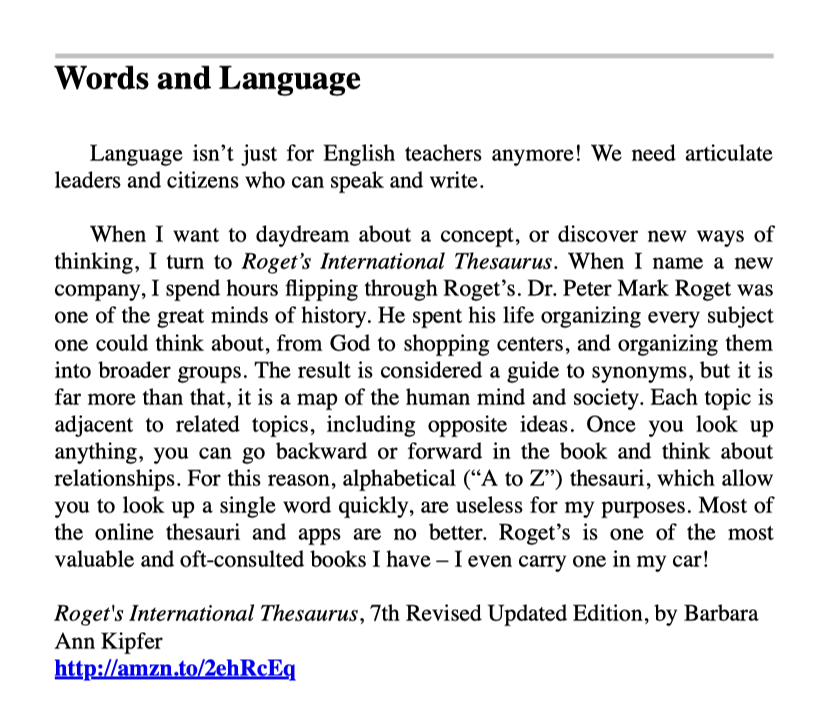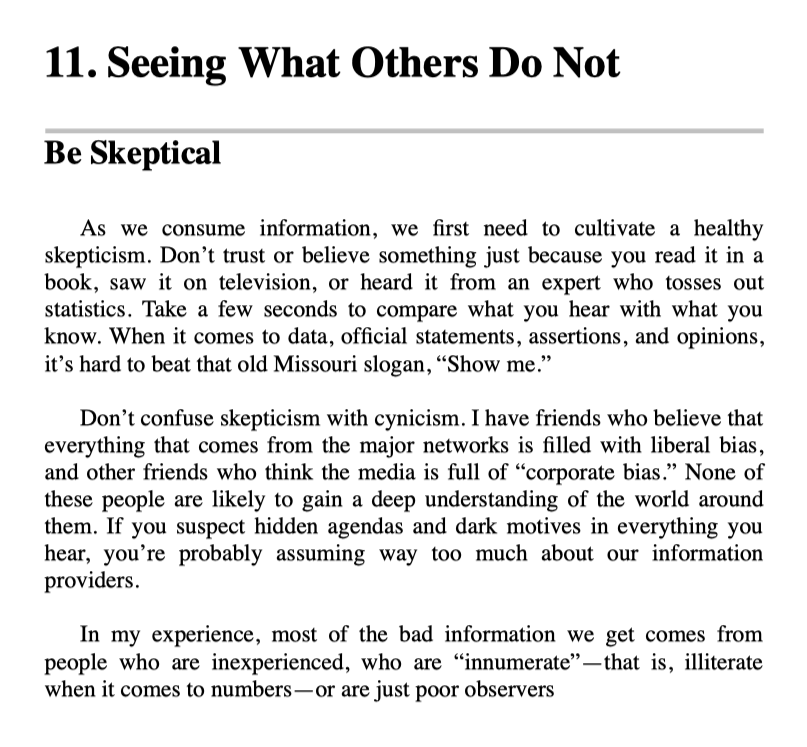Int. Meeting Hall, 12-step recovery group. Addicts, including Joey Pardella, sit in a semi-circle.
Vickie: «Hi, my name is Vickie, and I’m an addict.»
Hank: «Hi, my name is Hank, and uh, I’m an addict.»
Joey: (smoking) «Uh, my name’s Joey but, uh, I’m not an addict. [Joey takes a drag. The group reacts indignantly.] Nono, really, really, listen, listen to this. I got in trouble with my computer, right, okay, and my lawyer told the judge that I’m an addict, but I’m not addicted to my computer! No really, really, [Joey takes another drag.] I’m not an addict. I’m not, I’m not. [Joey downs his coffee.] «Can I get some more coffee?»
Hackers
The problem with reading books is, you read one and soon you want to read more. Especially if the book is full of book recommendations. The book was cheap, the books I bought after reading it … not so much.
So, Hoover (2017)’s «The Lifetime Learner’s Guide to Reading and Learning» is a bit like giving freebies in a drug rehab session. No, I don’t have a problem, just a book budget that is too small and not enough time to read all the books I am interested in reading.
Anyway, it’s worth a look. It starts with tips on how to read books, how to learn from them, tips for buying books, 160 book tips sorted by category, e.g.:

(and yeah, Roget’s Thesaurus is very interesting)
and finishes up with tips on thinking creatively, e.g.:

The tips on thinking creatively part is actually half of the book (which ends rather abruptly).
Very interesting book, even though Hoover deals with books differently than I do. He has a huge library, I got a large hard drive (and lot’s and lot’s of backups).
Still, recommended.